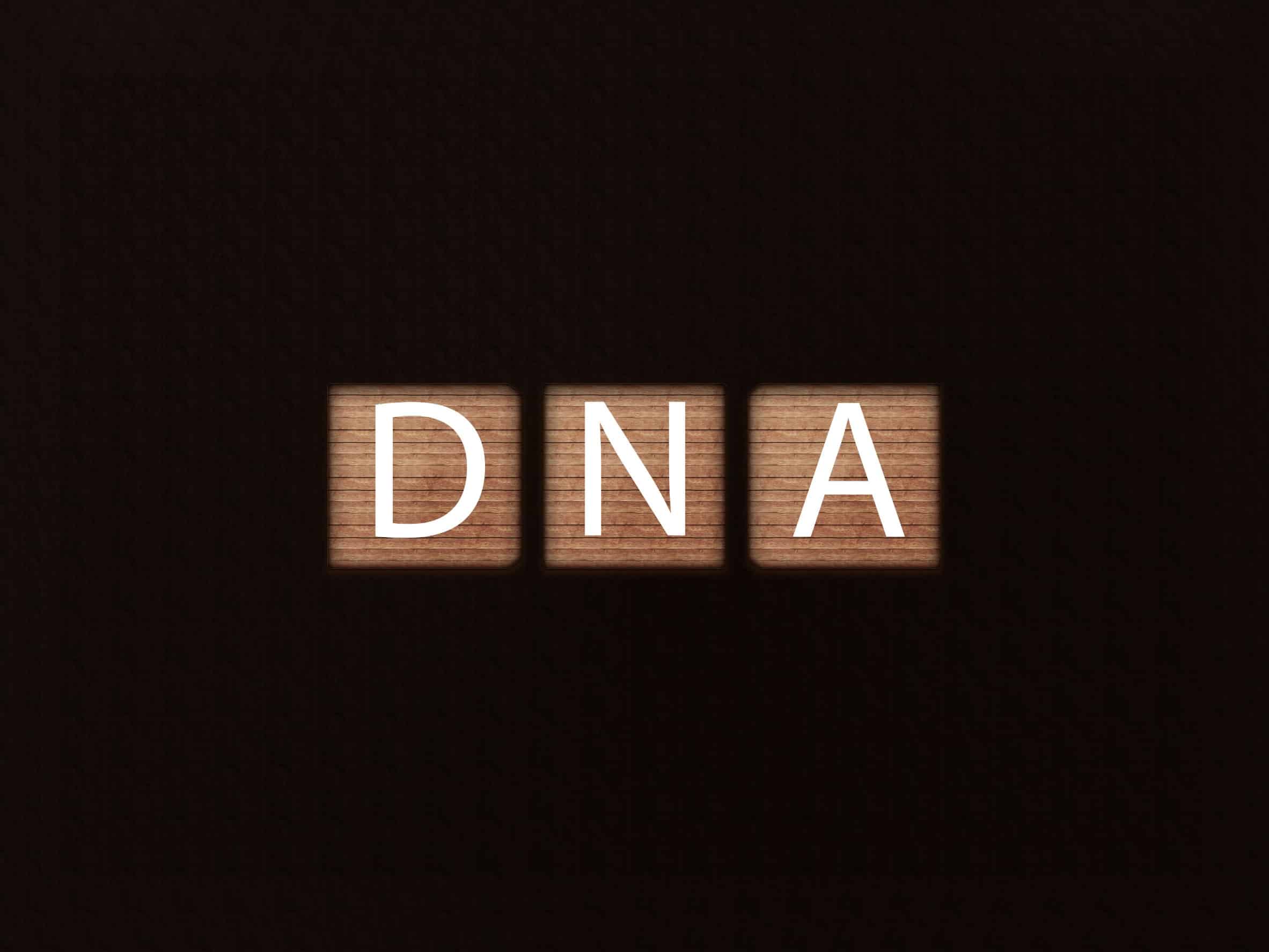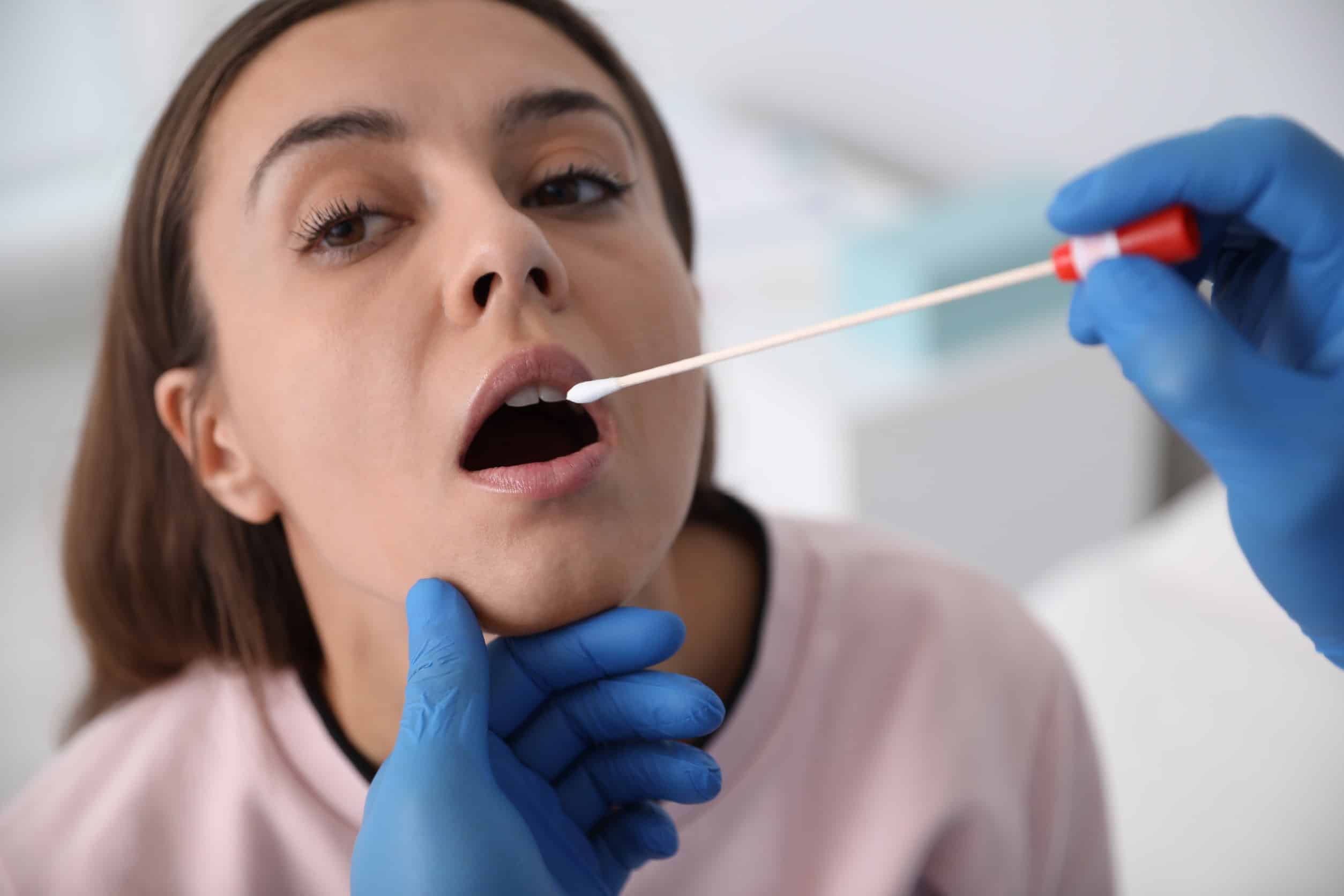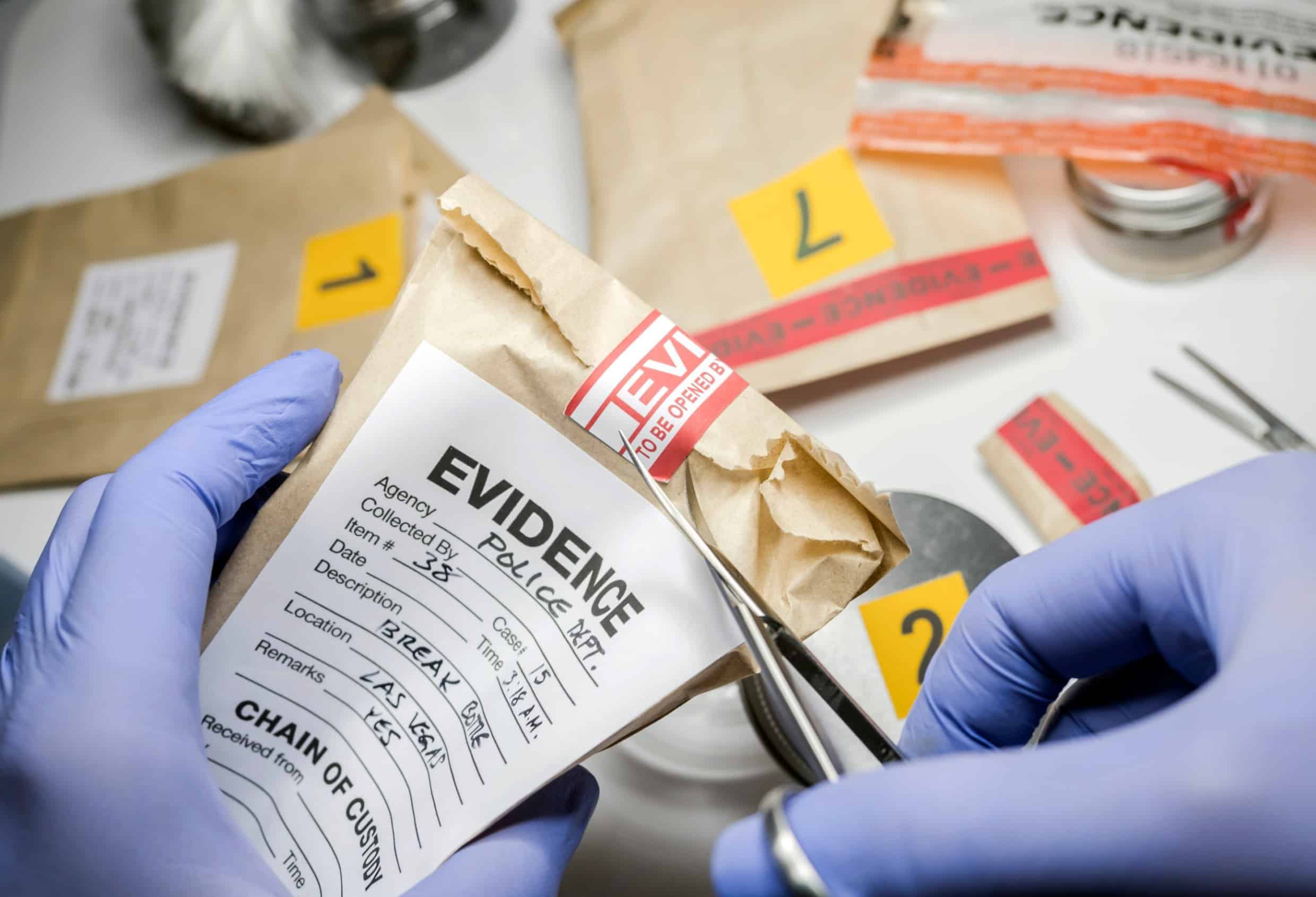Breakthroughs in DNA technology have helped solve some of the biggest crimes of this century. While it’s been a great tool in cold cases, DNA evidence in a sex crime case can significantly impact its outcome.
If you are facing accusations of a sex crime, it’s necessary to understand your rights when it comes to collecting DNA. You have the right to know your options in defending yourself in a case where DNA evidence weighs heavily against you.
DNA is complicated. Understanding your rights when DNA is collected and how it can be used against you in a Minnesota sex crime is your priority.
DNA Evidence: What is It?
DNA is short for deoxyribonucleic acid. Almost every living thing has DNA since it’s how our bodies carry genetic information that is unique to us. Everyone has different DNA in the world except identical twins.
What many people aren’t aware of is that there are two kinds of DNA. One type is in body fluids such as blood and saliva. The other type is in skin cells. These two types of DNA can place a person at the scene of a crime or show how they may have interacted with the victim.
DNA can gather in places where body fluids are present. It can also be collected from clothing or even victims’ bodies. At most crime scenes, officers will be subject to DNA sampling so that any DNA they leave behind can be differentiated from that of the victim, perpetrator, and witnesses.
DNA is often acquired from a victim as soon as the crime occurs by a medical professional. Some nurses are specifically trained in taking evidence from a victim in a sexual assault case to collect DNA samples. For DNA to be used in a trial as evidence, particularly in a sex crime, it must be gathered by someone trained in its collection, and the chain of custody must be maintained properly.
Do Police Need a Warrant for Your DNA?
Many people wonder if the police need a warrant to collect their DNA. This changes based on where you live. In Minnesota, any adult or juvenile charged with a violent predatory offense has to submit a sample of their DNA, but only if the judge has concluded they have probable cause to do so. This is one of the important reasons for having an experienced attorney on your team as early in your case as possible. Our experienced attorneys will ensure any collection of your DNA is collected legally.
It’s also important to note that anyone who submits a DNA specimen based on criminal charges is entitled to have that sample destroyed, and records of it returned if they are found not guilty. That will also happen if the charges against the victim are dropped. That will prevent the DNA sample from being entered into the DNA index system in the state.
How Can DNA Be Used Against You?
If you are facing a sex crime charge, then the DNA evidence collected can be used to match samples collected at the scene or from the victim.
In general, any prosecutor trying to convict someone of a sex crime like sexual assault based on DNA evidence must show that sex occurred between the person accused of the crime and the victim and that it was not consensual. The first fact is the only one DNA evidence supports, the other is something that can only be established through the testimony of witnesses and the victim. That shows how much interpretation is still there in cases with DNA evidence. Just because there may be DNA evidence in your case used against you certainly doesn’t mean it’s a slam dunk for the prosecution to prove you are guilty.
Defend Yourself
You have the right to defend yourself in court against sex crime charges, even with DNA evidence involved. Your attorney can advise you of your rights and work with you to formulate a defense that works best for you and your case. A good defense can cast doubt on the conclusion the prosecution wants to draw by your involvement. Finding an experienced sex crime attorney is vital to your success.
About the Author:
Christopher Keyser is an AV-Preeminent rated criminal and DWI defense attorney based in Minneapolis who is known for fighting aggressively for his clients and utilizing innovative tactics to get the most positive results. He has been featured in numerous media outlets due to the breadth and depth of his knowledge and has been named a Certified Specialist in Criminal Law by the Minnesota Bar Association. Mr. Keyser is Lead Counsel rated, and he has received recognition for his criminal law work from Avvo, Expertise, Super Lawyers, The National Trial Lawyers, and more.








